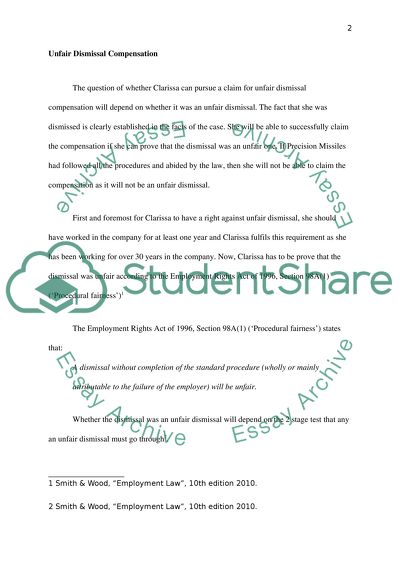Cite this document
(“UK contract and employment law Essay Example | Topics and Well Written Essays - 2000 words”, n.d.)
UK contract and employment law Essay Example | Topics and Well Written Essays - 2000 words. Retrieved from https://studentshare.org/law/1440637-uk-contract-and-employment-law
UK contract and employment law Essay Example | Topics and Well Written Essays - 2000 words. Retrieved from https://studentshare.org/law/1440637-uk-contract-and-employment-law
(UK Contract and Employment Law Essay Example | Topics and Well Written Essays - 2000 Words)
UK Contract and Employment Law Essay Example | Topics and Well Written Essays - 2000 Words. https://studentshare.org/law/1440637-uk-contract-and-employment-law.
UK Contract and Employment Law Essay Example | Topics and Well Written Essays - 2000 Words. https://studentshare.org/law/1440637-uk-contract-and-employment-law.
“UK Contract and Employment Law Essay Example | Topics and Well Written Essays - 2000 Words”, n.d. https://studentshare.org/law/1440637-uk-contract-and-employment-law.


